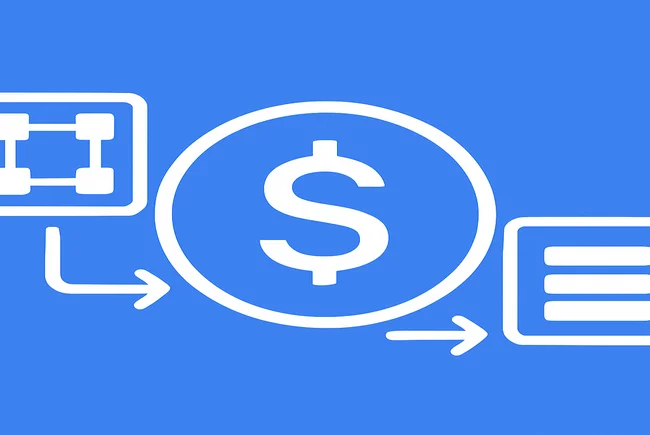Token locking is a mechanism used to restrict the movement or access of certain tokens for a specific period. This is often implemented to maintain stability or encourage long-term holding among users.When tokens are locked, they are basically put into a smart contract that prevents them from being transferred or sold until the lock-up period expires. This can help reduce market volatility by limiting the circulating supply, especially after a new token launch or during significant events.Projects often use token locking to build trust within their community. By locking tokens, developers signal their commitment to the project, showing that they are not planning to dump their holdings immediately. This can attract more investors who seek assurance that the team is dedicated to the project’s long-term success.In summary, token locking promotes stability and trust, making it a useful tool for projects looking to foster a loyal community and mitigate abrupt market fluctuations.
Aave Labs Acquires Stable Finance to Expand Consumer DeFi Products
Aave Labs has acquired Stable Finance, a San Francisco-based fintech company focused on stablecoin savings, in a move to strengthen



